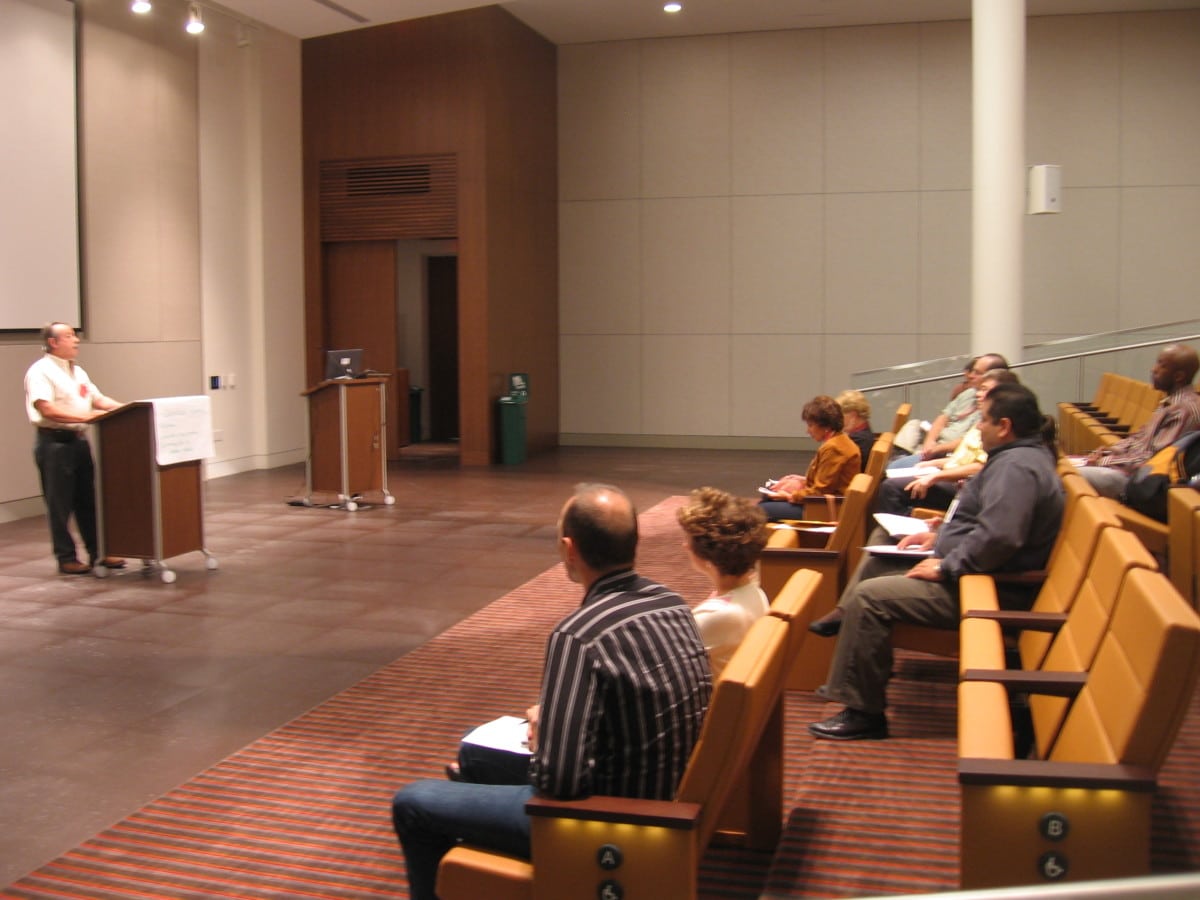Toastmasters sells itself as a place where anyone can learn leadership and communication. Affordable. Accessible. For everyone. That’s the heart of it. But let’s ask an uncomfortable question: has our affordability become our downfall?
Think about it. Membership fees in many countries average the cost of three to Four coffees a month. For that, you get leadership training, public speaking practice, mentorship, networking, and a global badge of credibility. Sounds unbelievable, right? Maybe too unbelievable. Because when something is this cheap, do we still treat it as valuable?
The Venue Divide
Here’s the harsh reality. Some clubs meet in five-star hotels with polished microphones, perfect lighting, and the aura of professionalism. Others cram into basements, low-rent classrooms, or borrowed spaces that gives a way different feel and experience. The experience is worlds apart.
Why do some clubs manage premium venues?
– Sponsorships by corporates.
– Members willing to pay more.
– A vision that Toastmasters should reflect prestige.
Why do others stay in the shadows?
– Fear of raising fees.
– Belief that “lesser fees” equals “inclusive.”
– Leaders satisfied with just meeting the minimum.
The Costing Conflict
Let’s put numbers on the table (examples for argument, actuals vary by region):
Standard Toastmasters Membership: ~$60 every 6 months = $10/month.
Basic Venue (community hall or office): ~$200/month ÷ 20 members = $10 extra per member.
Premium Hotel Ballroom: ~$1000/month ÷ 20 members = $50 extra per member.
That’s the cost of one dinner out. Yet the minute fees touch $20–30 a month, members cry foul. “Too expensive. We’ll lose members.” But wait, aren’t we the same people who happily pay more for Netflix, a gym, or even parking?
So here’s the dagger: Do we treat Toastmasters as a serious investment, or just a side hobby we drop when life gets busy?
The Harsh Perception
Recently, a hotel manager told me: “It’s a privilege to host Toastmasters. But many of your clubs give Toastmasters a bad name with cheap venues and low-quality meetings.” That cut deep. Imagine that. Do Outsiders see us not as professionals, but as penny-pinchers. If we can’t even host meetings that reflect our own supposed “excellence,” how do we convince the world we’re world-class speakers?
The Real Question
So what exactly is Toastmasters?
A privilege, where we should step up, invest, and raise the bar, making our meetings worthy of the leaders we aspire to be?
Or a for-everyone playground, where the price of a coffee is enough, but the cheapness erodes its value, where even our own members skip meetings because they didn’t “pay enough to care”?
Does Toastmasters walks a dangerous line. Push too high, and we risk becoming elitist. Keep it too low, and we risk becoming irrelevant. Maybe the real test of leadership isn’t in delivering a 7-minute speech. It’s in asking: do we value this movement enough to put our money where our mouth is?


